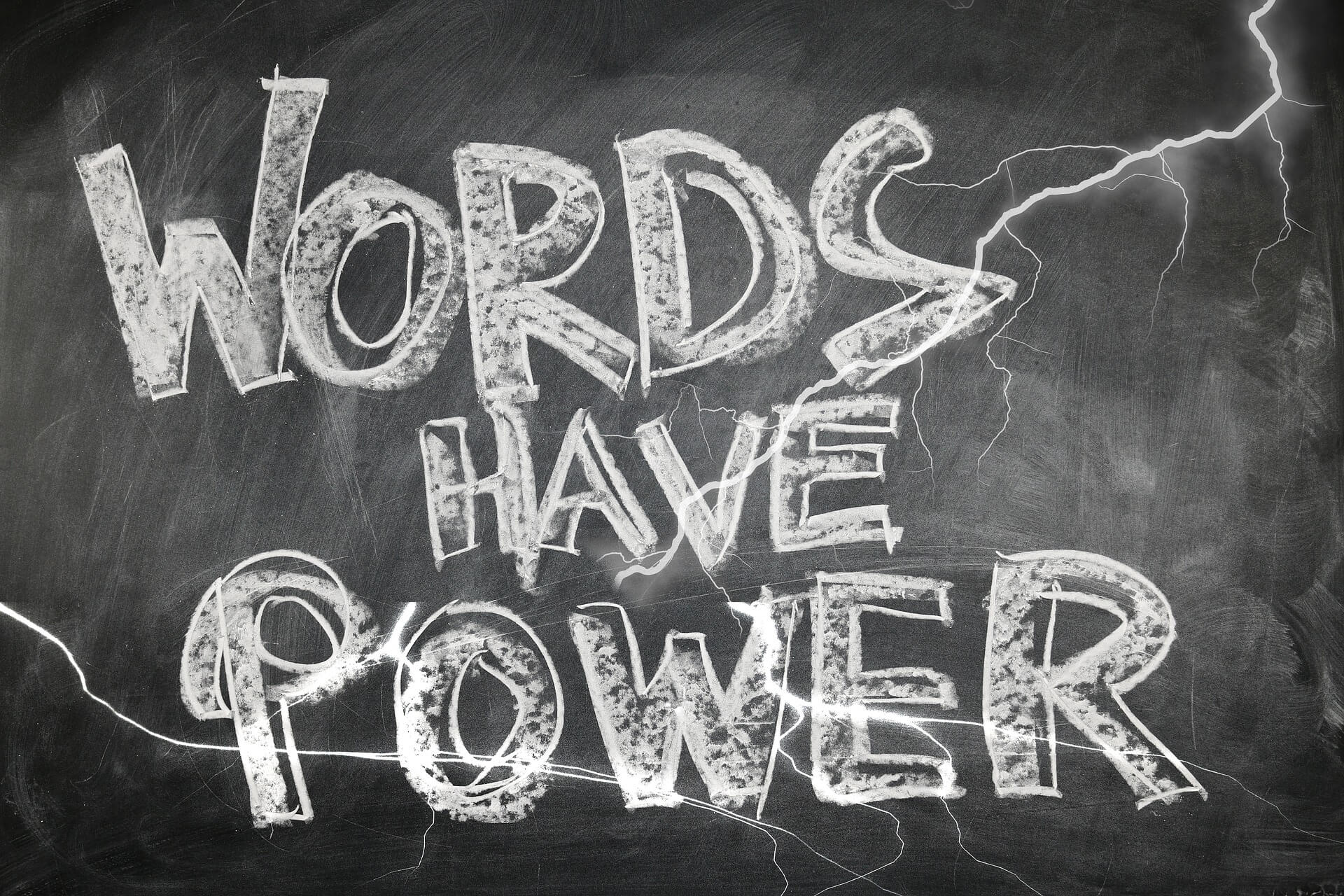Goals vs. New Year’s Resolutions
Posted on December 30th, 2016
Goals vs. New Year’s Resolutions
I’m not one for New Year’s resolutions that get made on January 1st and broken within the week. New Year resolutions are notoriously famous for being difficult to keep. I thought this time of year would be a good time to discuss goals. Goals are very important tools in helping us get where we want to be both within ourselves and our extrinsic achievements. The key to achieving goals is to make a specific plan and you will be more likely to achieve your goals.
Making choices
Whether we plan or not the next 10 years will pass anyway. We make choices everyday, some small and some larger ones. However, if they are not goal driven, then we are not necessarily heading in any defined direction. These little choices all add up and contribute to what we achieve and who we become over time.
Reflecting back
A good way considering what you want your future goals to be is to reflect back over the past year and ask yourself:
What did I do well this year?
What would I have liked to have done better?
Was there anything I wish I could have achieved this year, but it just didn’t come to pass?
Dream
This is often the most difficult step for many people. We need to allow ourselves to dream. Dream big. Often we are limited by our own brains telling us ‘no you can’t do that’ or ‘yeah but’. Ideally we need to ponder on these dreams for 10-15 mins a day for at least a week. When we first start we will probably have a few ideas, but then come up blank. As we ponder over several days our brain will slowly allow us to dream. Focus.
Ask yourself: What do I want to become? What do I want to experience? What kind of legacy do I want to leave behind?
Take time to think about long term, medium and short term goals. Having a 10 year plan will help us to really progress effectively through life.
Write it down!
This step is essential. It is more likely that we will accomplish our goals if we write them down.
Include goals for financial, personal, health, spiritual, family, work related and of course psychological goals.
I am currently in the process of setting a 10 year plan and am willing to admit that I struggled to allow my brain to dream enough and really ponder about what I wanted to achieve. I realised that there are also some smaller goals I can achieve much sooner that will help me accomplish the end goal. For example, I know if I improve my physical fitness, then my mind will be sharper and more focussed, I will have more energy and I will be more likely to achieve my end goal (even when the end goal has nothing to do with fitness).
Questions you can ask yourself can include; where will I live, how much money do I want to make, what health achievements do I want to reach, what do we want to accomplish as a family, where do I want my job or career to go?
Be sure to word your goals positively. So rather than write what you don’t’ want, write what you do want to achieve.
Write down what you will be doing weekly and monthly (or even daily) to achieve your goals. Write it down.
Plan to adjust your goals. Life is often unpredictable. We need to be flexible and readjust our goals if required. Leave room for discovery and exploration.
Pick a date
Consider when you want to accomplish each goal – date it.
We will need to make a more detailed plan for each goal, breaking it down into steps.
Choose a deadline for each goal and sub goals. What do you need to do by certain dates to achieve your end deadline? Make it achievable.
Make a plan
This is the step where you consider what you have to do to make this goal achievable. Do you need to break these goals into smaller steps? For example; if the goal is to obtain a university degree then the steps to achieve this might be attend open days, complete a university bridging course, apply for study, enrol if you are accepted into your course, and get certain grades at university etc.
Don’t forget to be flexible as life changes.
Ask yourself: How will I do this? How will I keep myself motivated?
Don’t forget to give yourself some small rewards for larger goals, which will help with motivation.
It’s important to understand that achieving goals is a process. Some may even say the process is more important than the goal itself. This process is where we begin to develop habits and discipline within ourselves. It might even mean that we need to change our environment to help us achieve our goals (this might also include people).
Make it visible
Put your goals in a place that you cannot ignore. This might be a vision board, a whiteboard, the kitchen fridge. Somewhere you can see them regularly.
Take at least 5 to 10 minutes a day to stop and ponder your goals. Are you on track, what small things can you be doing today to help you with your plan?
Set a reminder in your calendar to review your goals regularly so you can keep on track.
So in short, this year make your New Year’s resolution, not to have a New Year’s resolution. This year allow yourself to dream and have the life you want by setting goals and making it happen.
Written by Judy Travis



